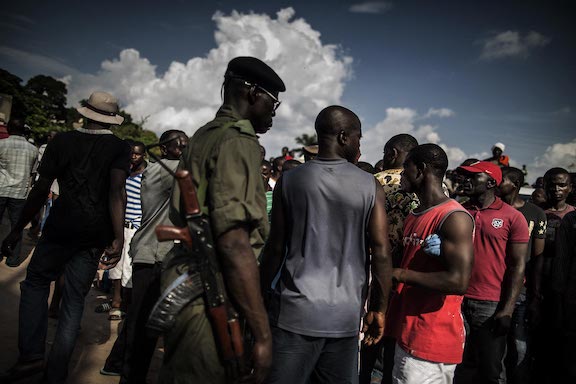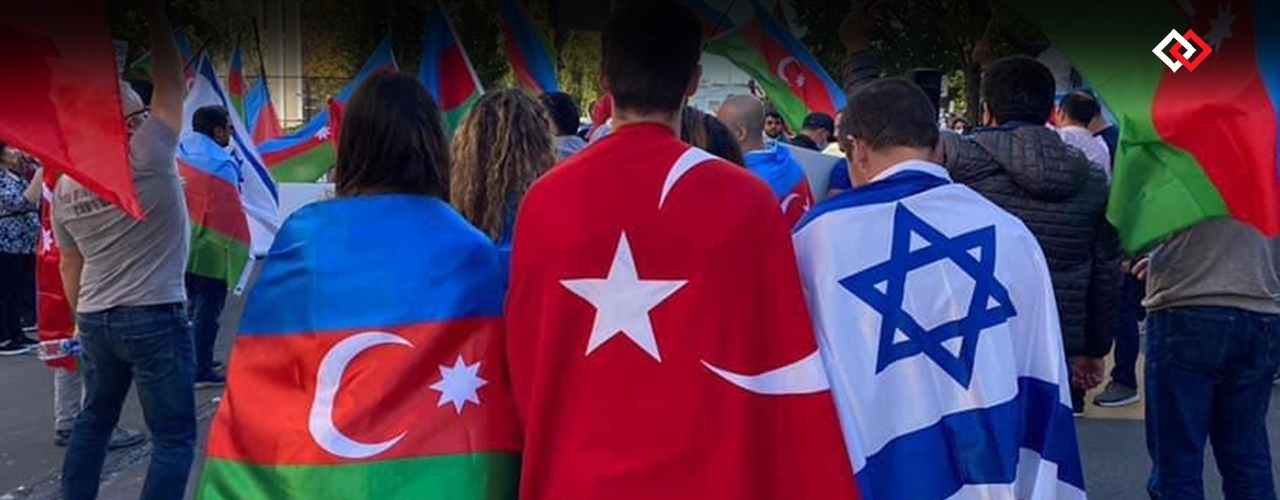Below are the highlights of the discussion with DiasporArm’s Hovel Chenorhokian with CivilNet.
DO WE WANT TO BECOME A SUCCESSFUL NATION, ENVISIONING WHERE WE WANT TO BE IN 20 YEARS?
Currently, we have 2 Armenian unicorns, while Azerbaijan and Georgia have none. Turkey, with its developed economy and a population of 85 million, also has only 2 unicorns. Should we be satisfied with our situation, or should we aim to surpass Estonia, which has 10 unicorns for a population of 1.3 million?
Do we want to win 20 Noble prizes in 20 years?
Throughout the centuries, Armenians have been influential in Europe, the Ottoman Empire, Russia, and beyond. Do we want to regain the position that we had in the Global order before the genocide?
Should we become an influential Nation once again, with Armenia playing a pivotal role between East and West, become a mediator between Iran and the USA, have influential political figures at the level of ministers and prime ministers in Europe, Canada and the USA…
Achieving this requires competent “leadership”, a rare and invaluable element.
Prerequisites for Success
First, we need to integrate the understanding of NATIONAL BELONGING, recognizing that we are members of ONE NATION.
Second, we should balance investments between the Diaspora and Armenia. Currently, most of the Diaspora’s resources are directed towards Armenia, which is prosperous, and very few are focused on the Diaspora itself. It’s important to balance this out.
It is also important to balance material and immaterial values, investing not just economically but also in the development of mindsets. This can be achieved through education.
Clarifying Education
In the context of the Western Diaspora where a very vast majority of our children cannot attend daily Armenian schools due to distances, we have one-day schools which focus solely on teaching Armenian. I perceive three key dimensions in education:
- Transmission of cultural heritage: This includes language, literature, history, and art.
- Knowledge and competence: Essential for success.
- Values: Imperative for building character and a successful nation.
It is mainly through education that we must disseminate the understanding of NATIONAL BELONGING.
Connecting the Nation
I perceive three major poles in the Nation: The population in Armenia, the “traditional” and the “New” Diasporas.
Surprisingly, there is almost no connection between the traditional and new Diasporas. The two communities are cloistered in different “courts”. While cultural differences may explain this, it is important to create unifying links.
A critical issue is the integration of the New Diaspora within their respective societies and their socio-economic development. The number of university students in the New Diaspora is very low.
Under whose spotlight are the Diaspora Hayastantsis?
Who will take up this challenge?
Current Initiatives
DiasporArm currently has two initiatives.
- Mapping the Diaspora, having the mission to explore, connect, and amplify the impact of individuals, organizations, and enterprises. We’re building a centralized hub where users can easily discover and connect with fellow Armenians, institutions, and professionals worldwide. The Armenian community is categorized into 12 fields, such as education, culture, youth, and healthcare. We’re developing a platform where, with just 4 clicks, users can get the information they need.
The success of the platform will be conditioned by the quality and specificity of the data. - Establishing Diaspora Pan-Armenian platforms. The Jewish minority in France, numbering 600,000, has the “United Jewish Social Fund” with 60,000 members. Membership fees total 12 million euros, matched by the French government, resulting in a 24-million-euro budget for education, scholarships, and community needs. In the USA, the Jewish students’ association Hillel raised 100 million dollars during a New Year’s dinner, just for students and scholarships.
The outcome is that Armenians have had two Nobel prize laureates so far, while Jews have had 221. We should come out of our stereotype and prejudice that Jews get to such result by clientelism. They simply invest in education.
We encourage the establishment of similar platforms to take OWNERSHIP of the communities.
We should also adapt to today’s situation. In our context of dispersed Diasporas in the West, and almost inexistant schools in CIS countries, we have online education opportunities that are more efficient and very easy to access.
Call for leadership
We have exclusive institutions and organizations in the Diaspora, like AGBU, AMAA, Hovnanian, FAR, ARS, AA USA, AA Russia, Hamazkayin, Gulbenkian, COAF, Tumo Center, Izmirlian, Paros, Tufenkian and many others. Each organization has its objectives and mission, which should continue. However, there are some “weights” that cannot be lifted alone and require collective effort. It is imperative that these organizations come together and cooperate.
We have a challenge: to raise the educational level of our people. It’s imperative to collaborate with each other and the government. Our desire, our mission, is to establish these connections and work together to achieve our ambitions. Today, on CivilNet, my call is for organizations and the government to come together and take on this challenge TOGETHER.
Hovel Chenorhokian




